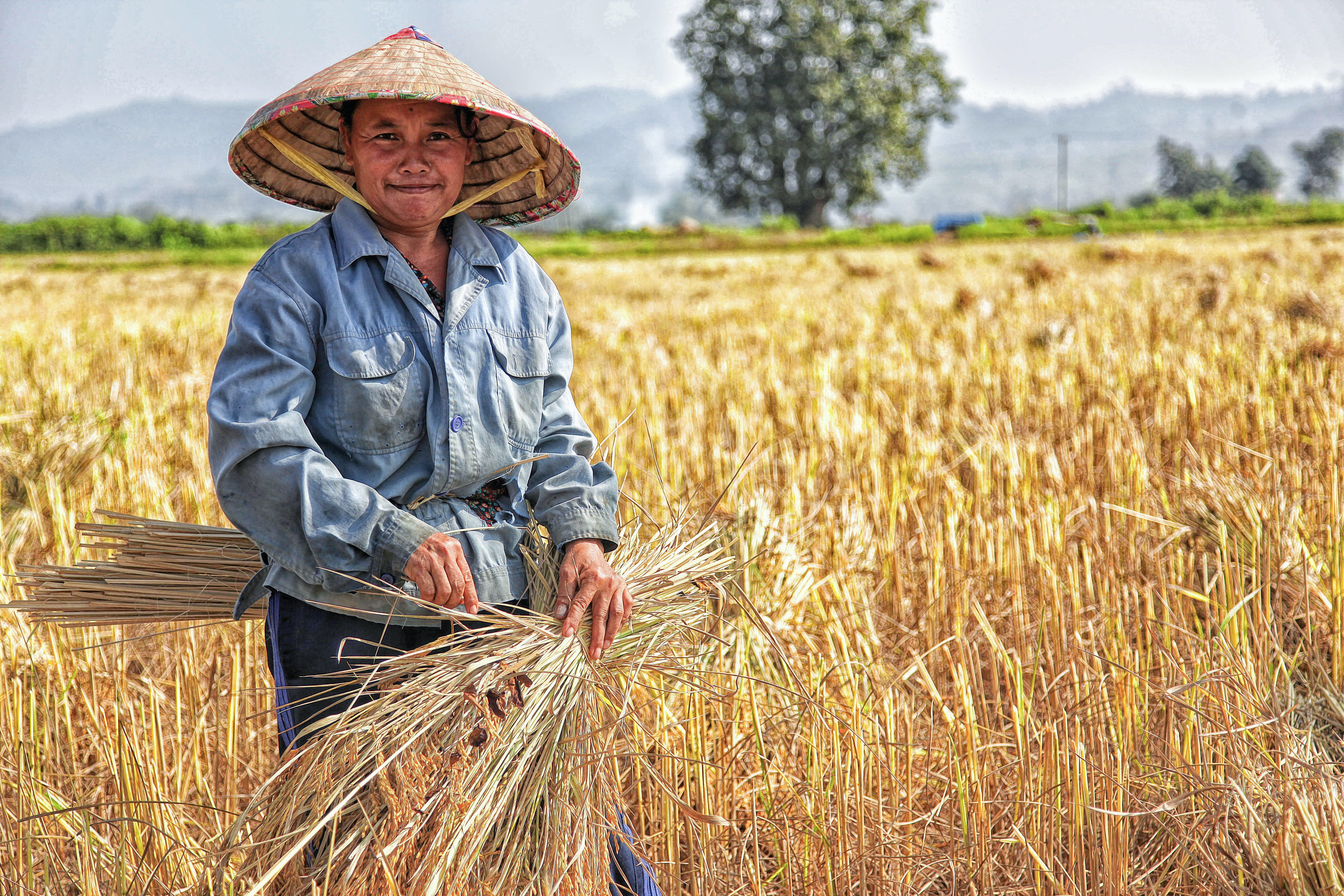
Improved crops will succeed in withstanding climate change
People like us are building the future of agriculture that will be robust to climate change.
Farmers and consumers need us
By engineering crops, we can completely avert famine and economic catastrophe by engineering drought and flood tolerance into next-generation crops - from laptops and labs, possibly making robust the food supply of billions.
-
Drought
Insufficient water supply, potentially for extended periods - such as whole growing seasons.
-
Storms and flooding
Increased frequency in severity or frequency of intermittent or extended flooding.
-
Pathogens
Climate change may worsen spreading of plant pathogens, such as through contaminated water or by way of damage incurred during increasingly severe weather.
-
Yield
Besides defending crops against negative events, we can work to enhance yield preference as both a hedge and feature.
The algorithm to accomplish this in all cases, in general, is to identify crop variants with desired properties by characterizing and selecting from diverse populations under diverse conditions.
Tell us about your challenges and dreams in crop improvement.

We have the basic tools and infrastructure
We are strong in terms of our ability to apply the standard suite of genomics tools, reliably and at scale.
schedule a chatData handling
We can handle data at any scale using storage provided by Google Cloud Platform.
Request a chat >>Basic sequence processing
We can apply, automate, and scale trimming, duplicate removal, and any other basic tool.
Request a chat >>Sequence alignment
We have infrastructure to perform processing like alignment at any scale.
Request a chat >>As well as standard modern tools
Advanced genomics capabilities can help significantly
 Farmers and consumers will benefit from the combination of our creativity and skillful application of existing and emerging tools. Schedule a chat ↗
Farmers and consumers will benefit from the combination of our creativity and skillful application of existing and emerging tools. Schedule a chat ↗ -
1
Reference grade assembly of model
We can assist in application or advancement of the state of the art in genome assembly including synergy of Hi-C and long-read approaches.
-
2
Advancements of conventional genotyping methods
Our team has experience with advanced methods for the analysis of recombinant inbread lines (RILs).
-
3
Long-range Hi-C-based haplotyping of variants
Haplotyping structural variation of high-value crop variants could reveal means of improvement that can be further increased.
Advanced mathematics for advancing the state of the art
Our toolkit of mathematical and statistical methods can help you more fully understand and solve problems
Method development modelling
We can support your development of novel molecular genetic methods by modelling the utility of these in silico; e.g. wondering about the usefulness of a method warping the distribution of Hi-C insert sizes? We can compare simulated assemblies using either.
Advanced high-throughput screening
Phenotype enhancement starts with phenotype characterization, including high-throughput conventional and hyper-spectral imaging - revealing both phenotype and correlate characteristics.
Improved statistical process modelling
Bespoke high-throughput screening methodologies may incur bespoke statistical processes that must be modeled in order to draw useful inference which we can accomplish with Monte Carlo methods.
High-dimensional insight
Better algorithms for learning low-dimensional representations of the space of scRNA-seq data from crop variants could be a powerful way to understand phenotype variation in the service of attaining higher robustness and yield.
Rapid prototyping
We have the tools and experience to prototype innovative methods quickly, giving you answers about usefulness before committing.
Accelerated implementations
Our development process supports rapid translation of prototype methods into (sometimes vastly) accelerated forms using GPUs and FPGAs.

Improved crops will flourish regardless of climate changes
Together we can ensure food security for billions and income security for farmers globally by ensuring crops are engineered to be robust to climate disruption, regardless of whether it occurs.




